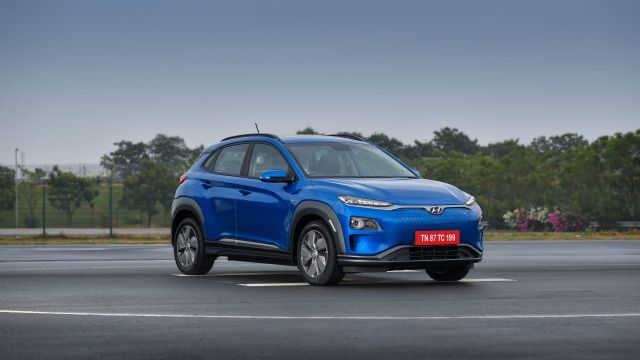
Hyundai have showcased their commitment to electric vehicles with a line-up of six Battery Electric Vehicles (BEVs) by 2028.
Hyundai’s BEV line-up will cater to multiple segments which will include the mass market as well as premium offerings in India. The company have stated that they plan to launch six BEVs by 2028 catering to different body styles which will include SUVs.
In addition, India will also see a new platform from Hyundai called the Electric Global Modular Platform (E-GMP) as well as a few modified platforms in the country. For this to be a successful move, Hyundai will work towards the development of infrastructure for electric vehicles which will include strategic collaborations.
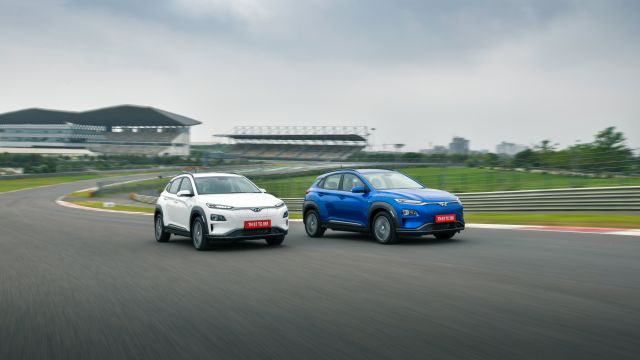
Commenting on the corporate announcement, S S Kim, MD & CEO, Hyundai Motor India, said, “Hyundai has been at the forefront of the electric mobility revolution in India, with the introduction of India’s 1st Electric SUV – KONA Electric in 2019. Hyundai Motor India has been delighting customers with the most innovative and technologically advanced mobility solutions over the last two and a half decades. As we continue to redefine the mobility space, today we are yet again showcasing our commitment towards Indian customers with the announcement of expanding our BEV line-up to 6 vehicles for the Indian Market by 2028. At Hyundai, we are taking experiences Beyond Mobility and are strongly focusing on Intelligent Technology, Sustainability and Innovation. Keeping in line with this thought, we will introduce our dedicated BEV Platform – E-GMP as well as modified platforms for battery electric vehicles in India. By driving the adoption of electric mobility at scale in India, Hyundai will become the fulcrum for the transformation of a brighter and better tomorrow.”
The new E-GMP platform will have four pillars of development, which are: Modularity, where one platform can be used in multiple body types, reliability, usability, and performance. Performance would be at the hands of a large 77.4 kWh battery capacity that is claimed to have a capability of a 260 km/h top speed. As far as infrastructure is concerned, one can expect home charging, public charging station, dealership charging facility, and 24×7 roadside assistance. The future as we have been saying is green and these are promising signs of it.


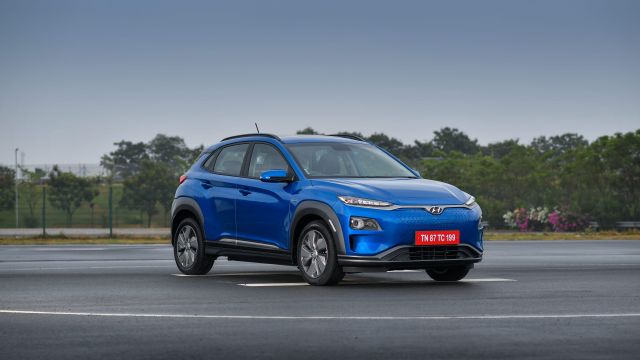


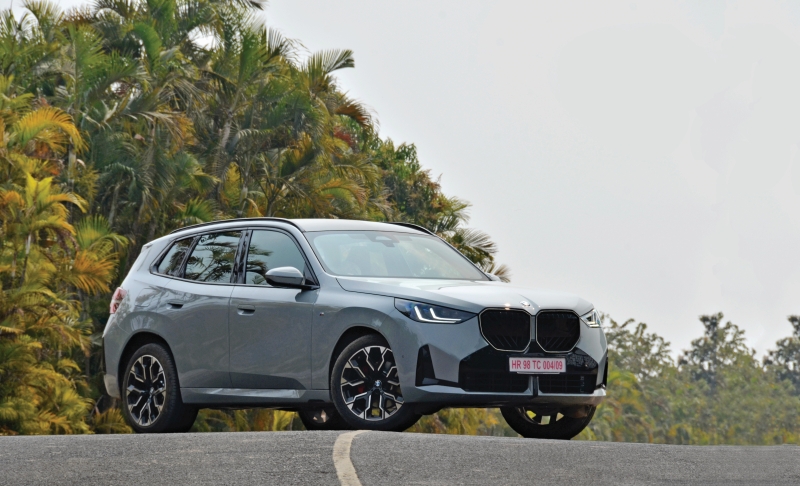


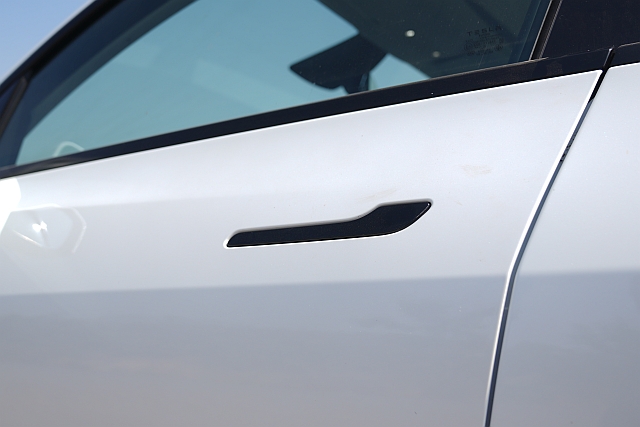
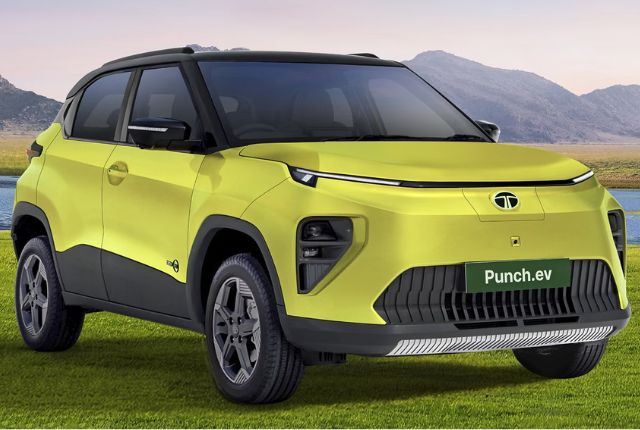
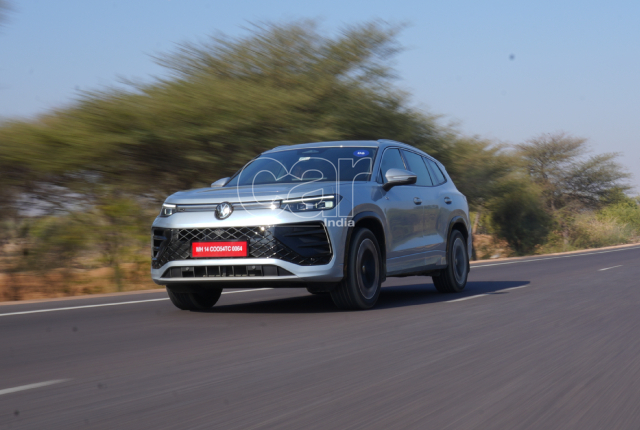

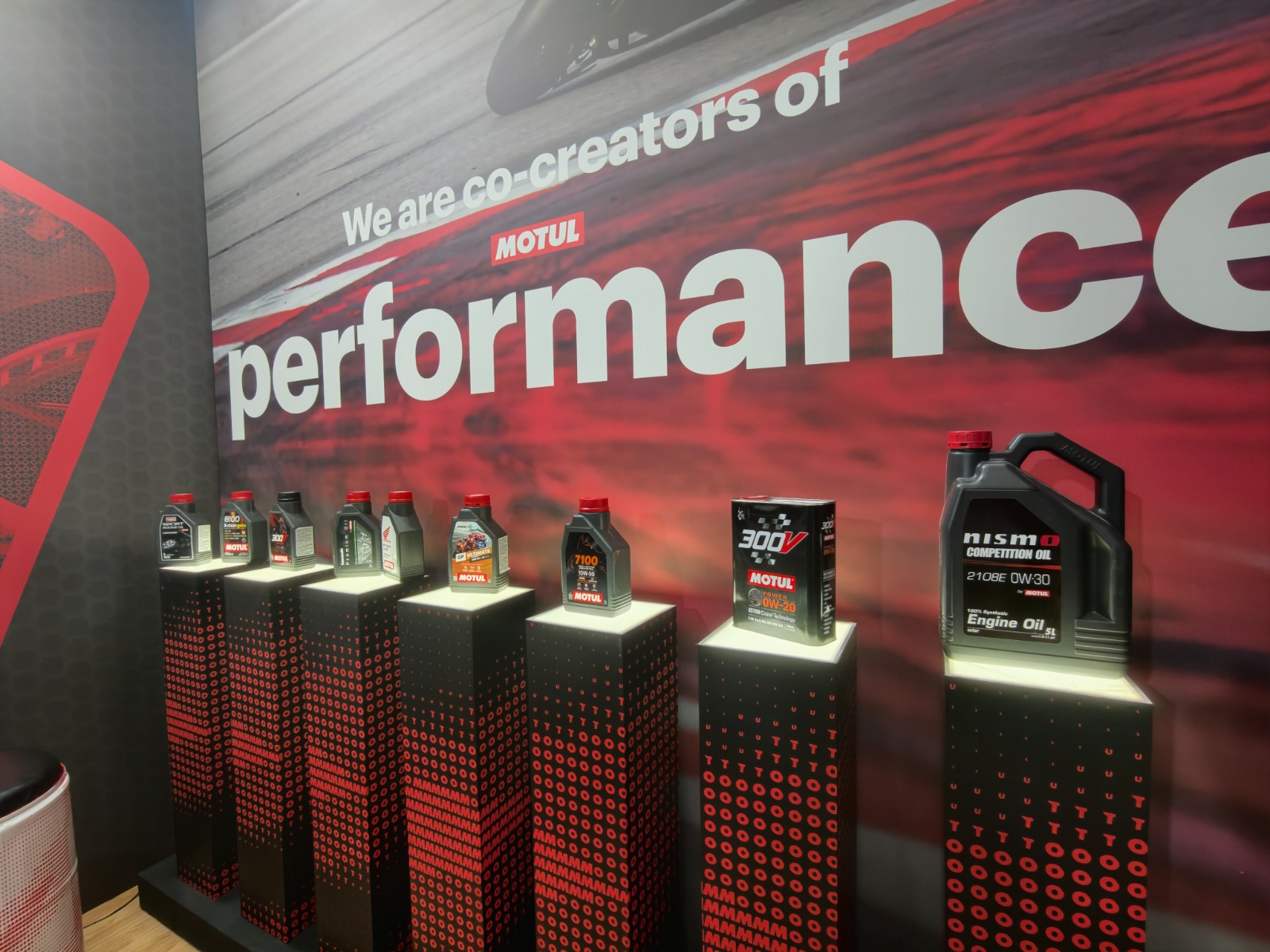
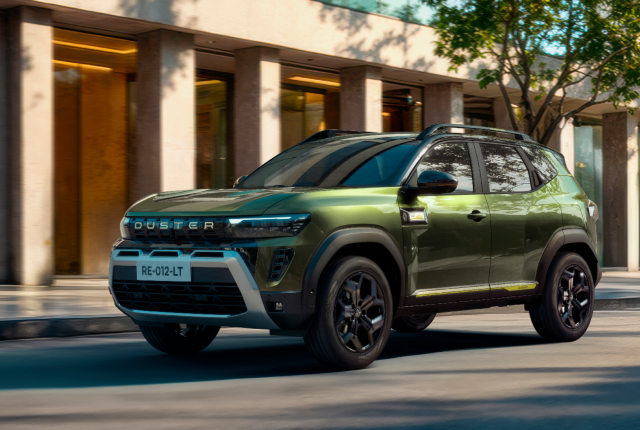
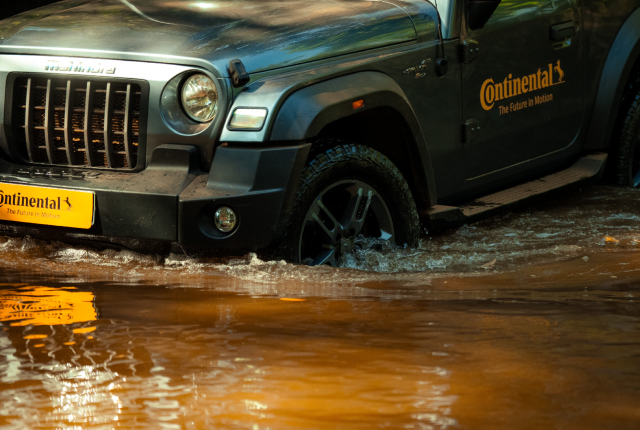
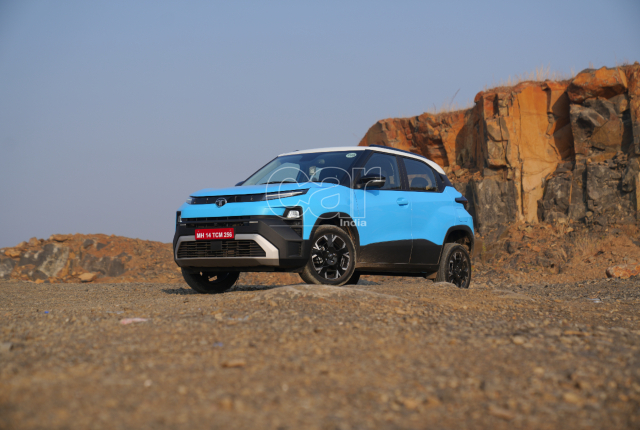
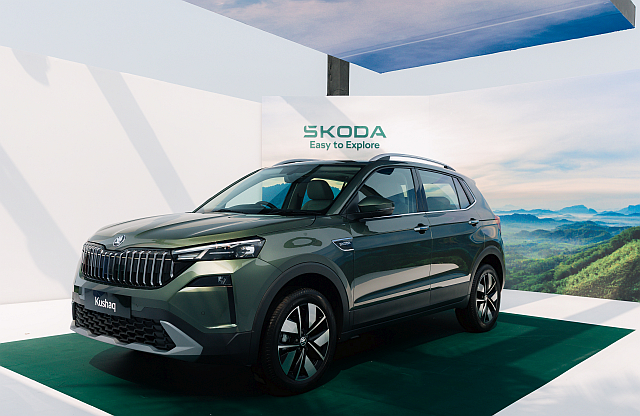
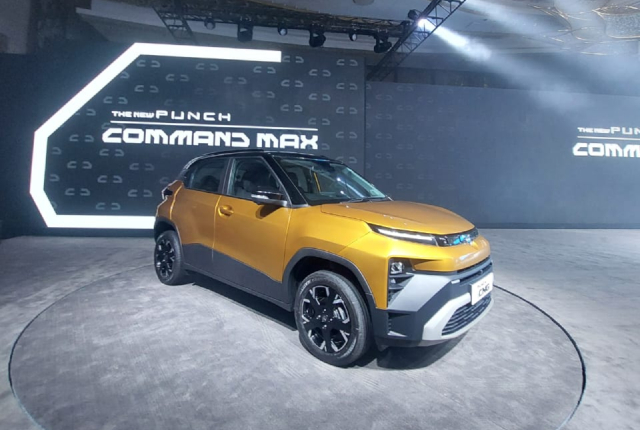
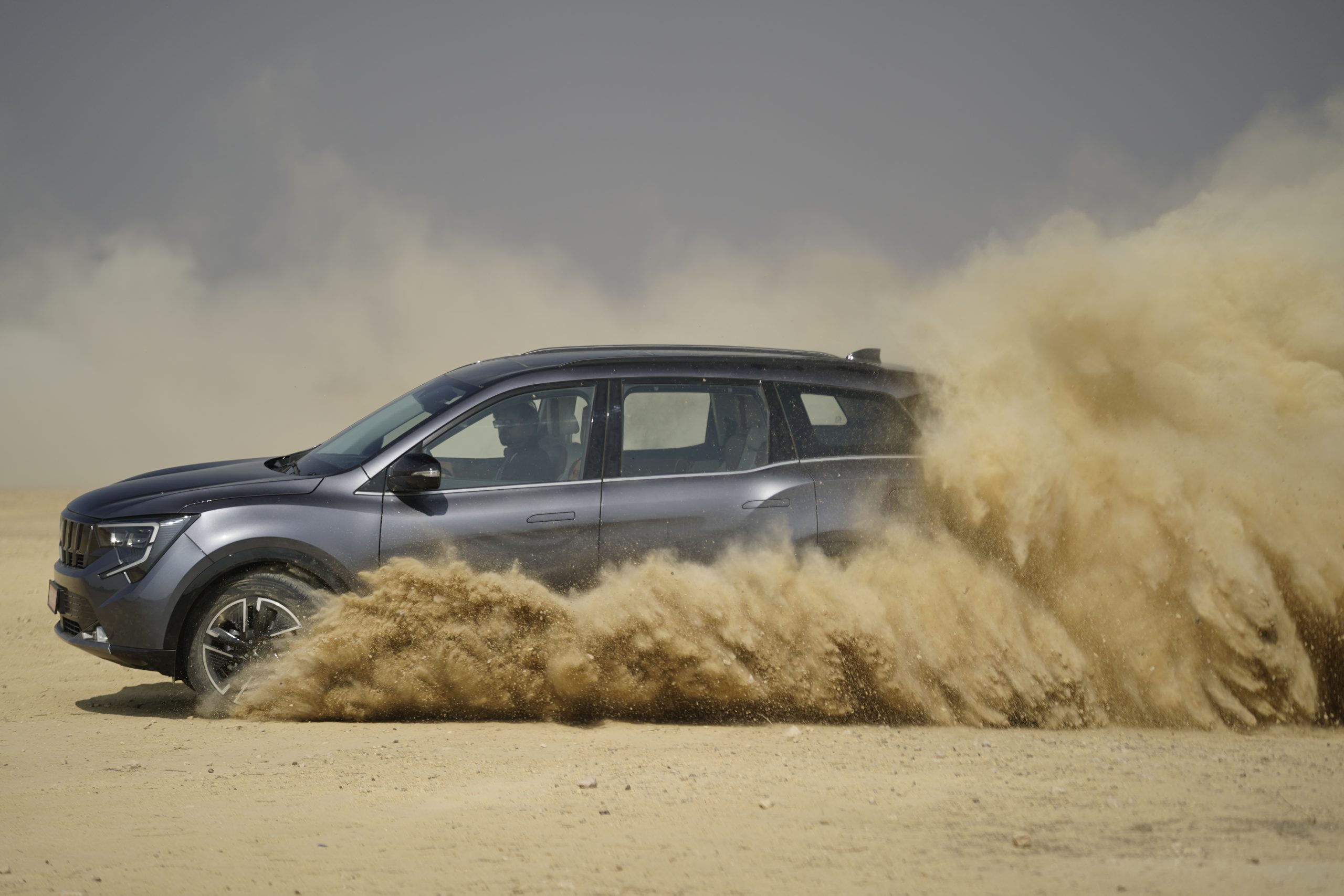
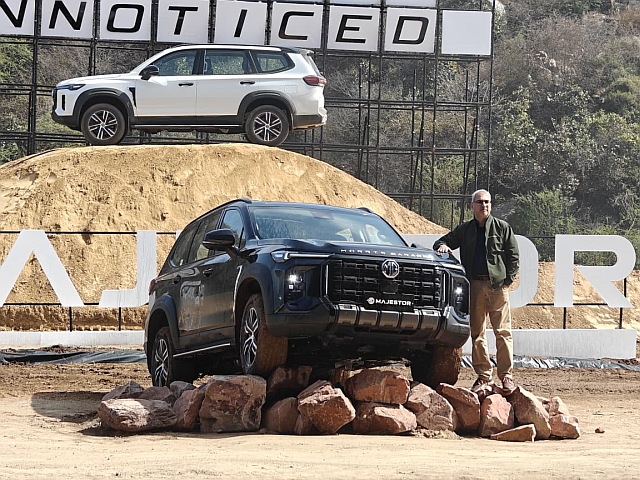
Leave a Reply